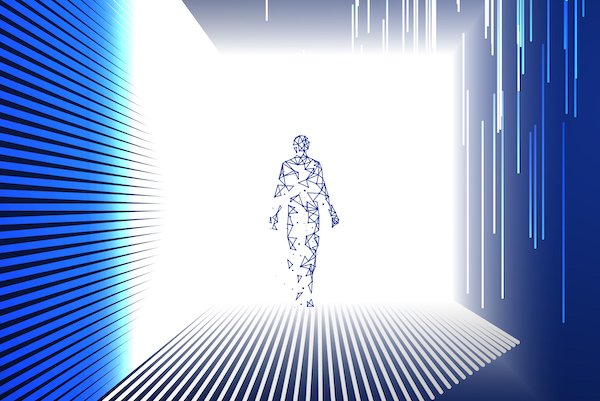Deepfake Technology Poses Personal Privacy and IP Concerns
In a recent tweet, famous DJ and record producer, David Guetta, introduced “Emin-AI-em” an artificially created rapper that sounds strikingly like Eminem, the rapper phenom from Detroit. “In collaboration” with Emin-AI-em, Guetta seemed to be initially announcing he was ushering in a new era of rave sound when he played a clip that seemed to include sound and verse strikingly similar to Eminem but without an actual partnership.
What’s a Deepfake?
So is this “inspiration” or is it merely a “deepfake?” If it’s a deepfake, that’s nothing new. Deepfakes have been around for a while, although they have become increasingly popular in recent years. Deepfakes refer to the product and process of using an existing likeness of a person to create new, fake content that was not authorized by the person whose likeness is being replicated. The term deepfake is actually a portmanteau of “deep learning” and “fake” because it relies on both artificial intelligence and machine learning to produce content that looks convincingly real but is actually created entirely on neural network architectures.
While the term may have initially referred to clever photographic hoaxes, it has now expanded to refer to entirely user-engineered content that includes, for example: fake celebrity pornographic videos, fake news, a new style of bullying, artificially-created child pornography, and even financial fraud. And while some deepfakes may refer to situations where artificial intelligence has been authorized to recreate an actor’s likeness or voice in a commercial film, unauthorized deepfakes clearly trade off resembling a celebrity’s sound or likeness in order to rouse or elicit implicit approval in an audience that is already familiar with that celebrity’s work—as would be the case in the David Guetta/Emin-AI-em situation.
Deepfakes and the Law
While Guetta went on to state the deepfake clip was a joke, explaining that he was able to recreate Eminem’s sound via an artificial intelligence website that specifically stated it could mimic Eminem’s style, the truth of the matter is that such powerful technology exists without true federal guidance.
Myriad legal doctrines and questions arise in conjunction with the use of deepfakes. For instance, some may argue this is similar to pawning off the goodwill of a mark, a true case of likelihood of confusion for the consumer. Others may argue this infringes on a celebrity’s right of publicity and illegally uses their likeness. And of course, for the private citizen, using deepfakes for revenge porn and humiliation cross all sorts of privacy law boundaries.
And on the other side of the debate, the lines become even more blurred when it comes to light that many content creators make quite a living from selling deepfakes that are unquestionably their “work.” For example, there are many content creators that create and sell deepfakes pornographic videos via direct request from patrons. On one hand, they would arguably hold the copyright to the videos they create. But, at the same time, there would absolutely be no demand if they were not trading off the likeness of a celebrity who does not authorize or profit from such work.
Currently, only a handful of states (e.g., Texas, California, Virginia, etc.) recognize deepfakes’ potential for abuse, banning specific uses but declining to regulate activity or usage overall. In 2019, Texas became the first state to criminalize the use of altered video clips in specific situations. Federal law, on the other hand, lags far behind. So far, the federal government has only opted to study deepfakes, requiring the Department of Homeland Security to issue an annual report some time in 2026 and currently relies on the Identifying Outputs of Generative Adversarial Networks Act, signed in 2020, which merely requires further research into deepfake technology to support the creation of standards governing its use in the future. And interestingly, until last year when it passed new policy addressing deepfakes in 2022, the European Union had been uncharacteristically behind the United States in this area of law.
Key Takeaways on Deepfake Technology and Regulation
Deepfake technology has become ubiquitous, finding both legal and illegal use in today’s world. It behooves attorneys to stay abreast of this intersection of technology and law as deepfakes:
Can be criminally punished in Texas when improperly used;
Are regulated in the European Union; and
Raises important questions about intellectual property rights and privacy law.
For more information about data privacy, see our Technology & Data and Industry Focused Legal Solutions pages.



